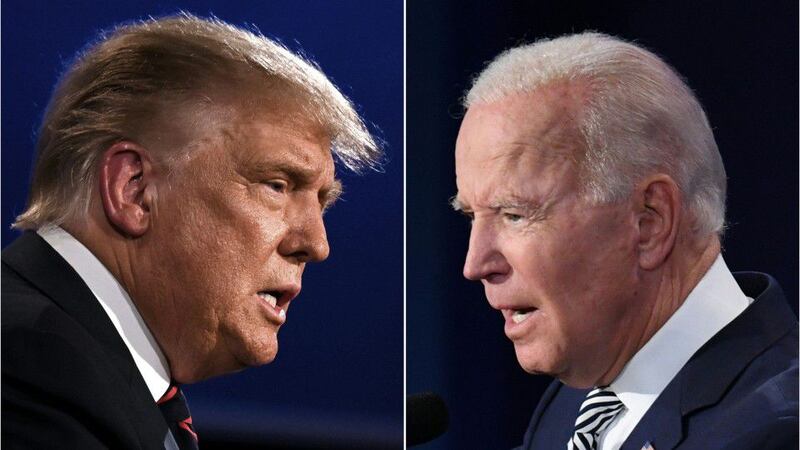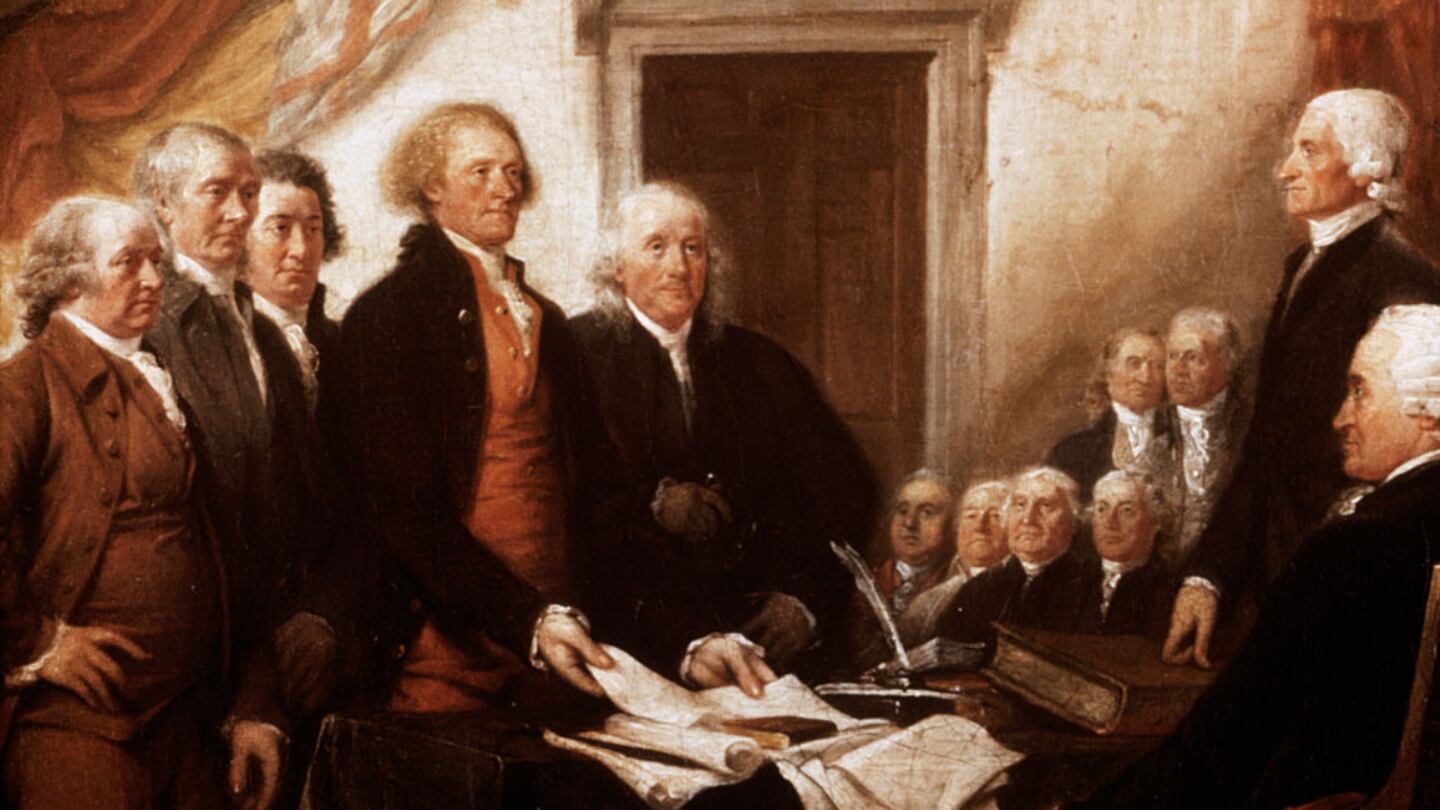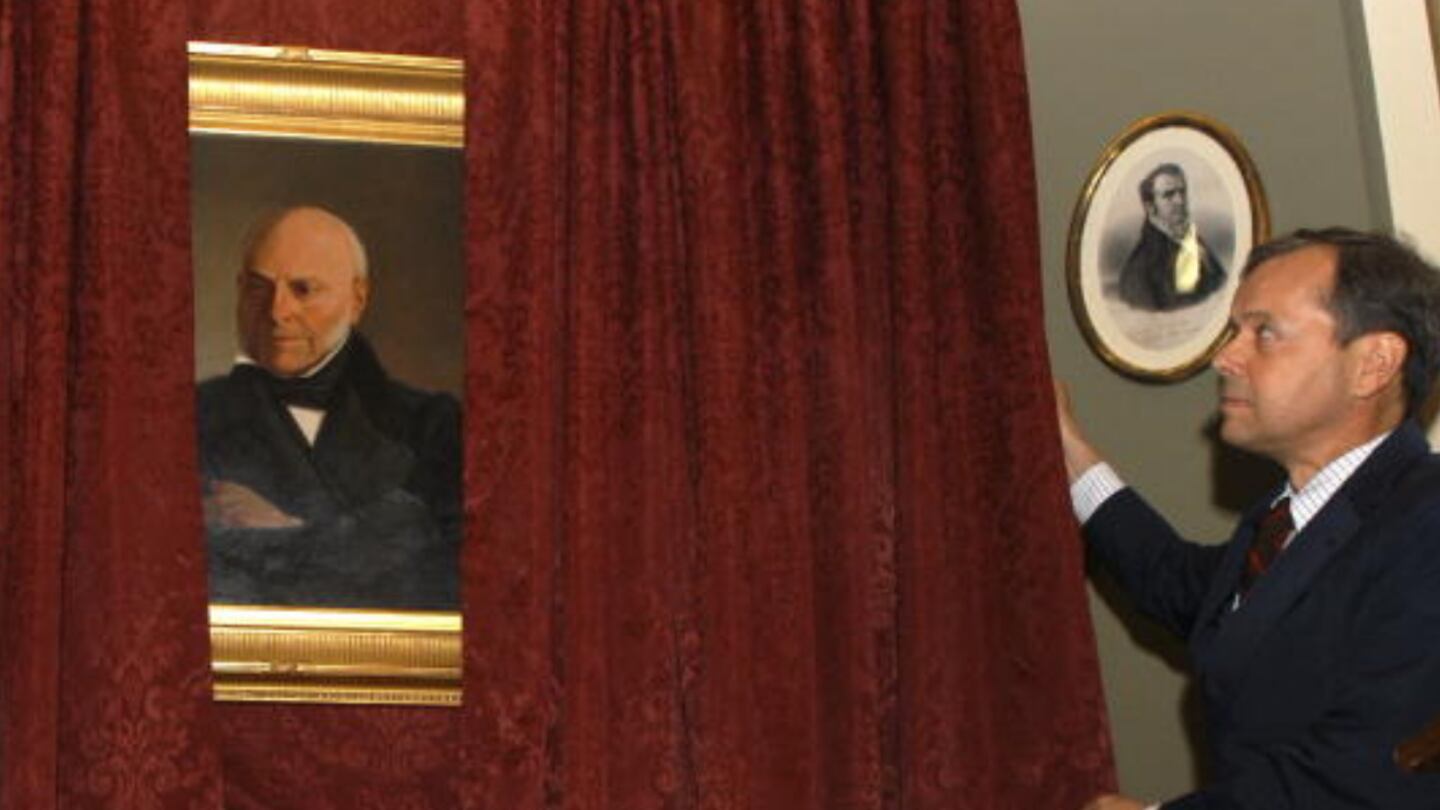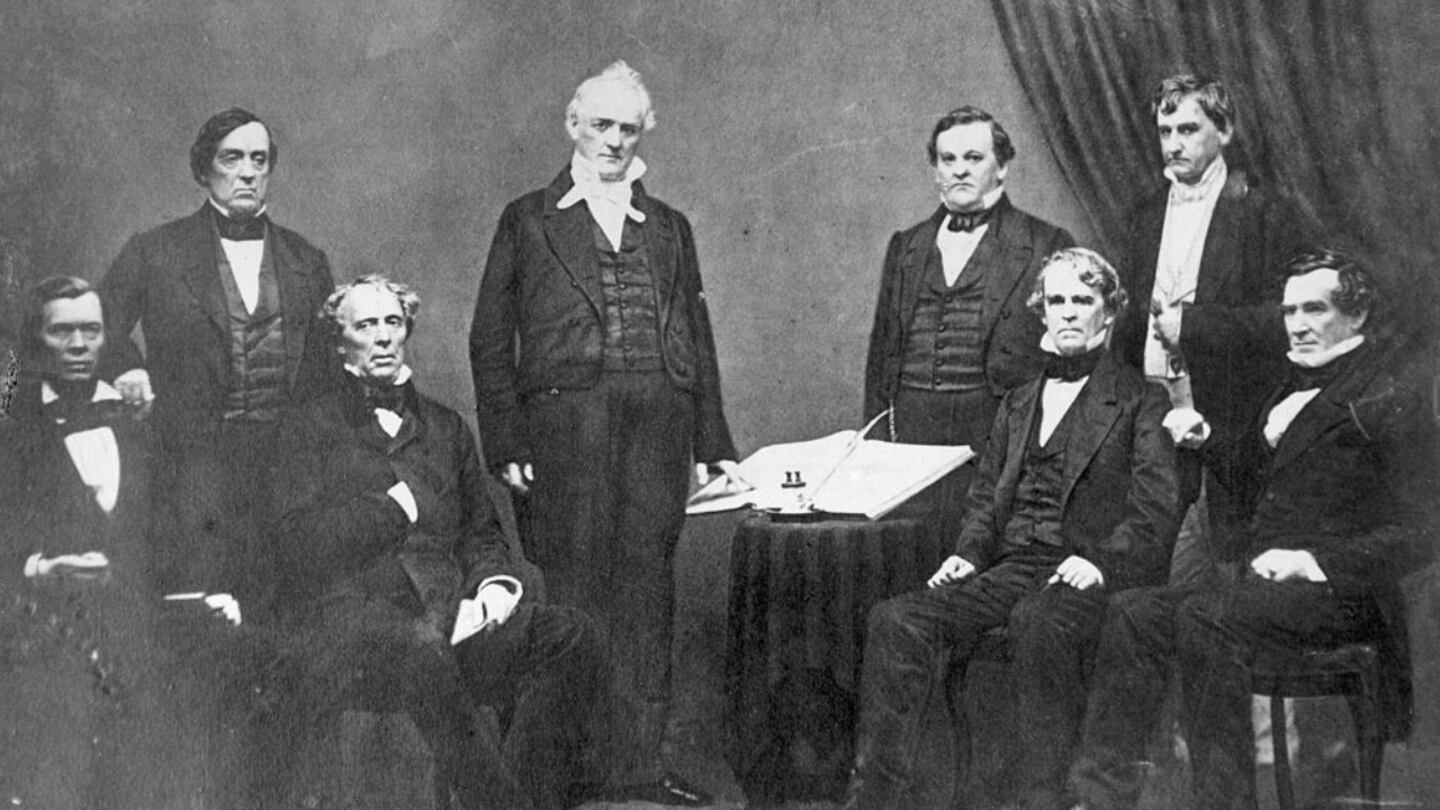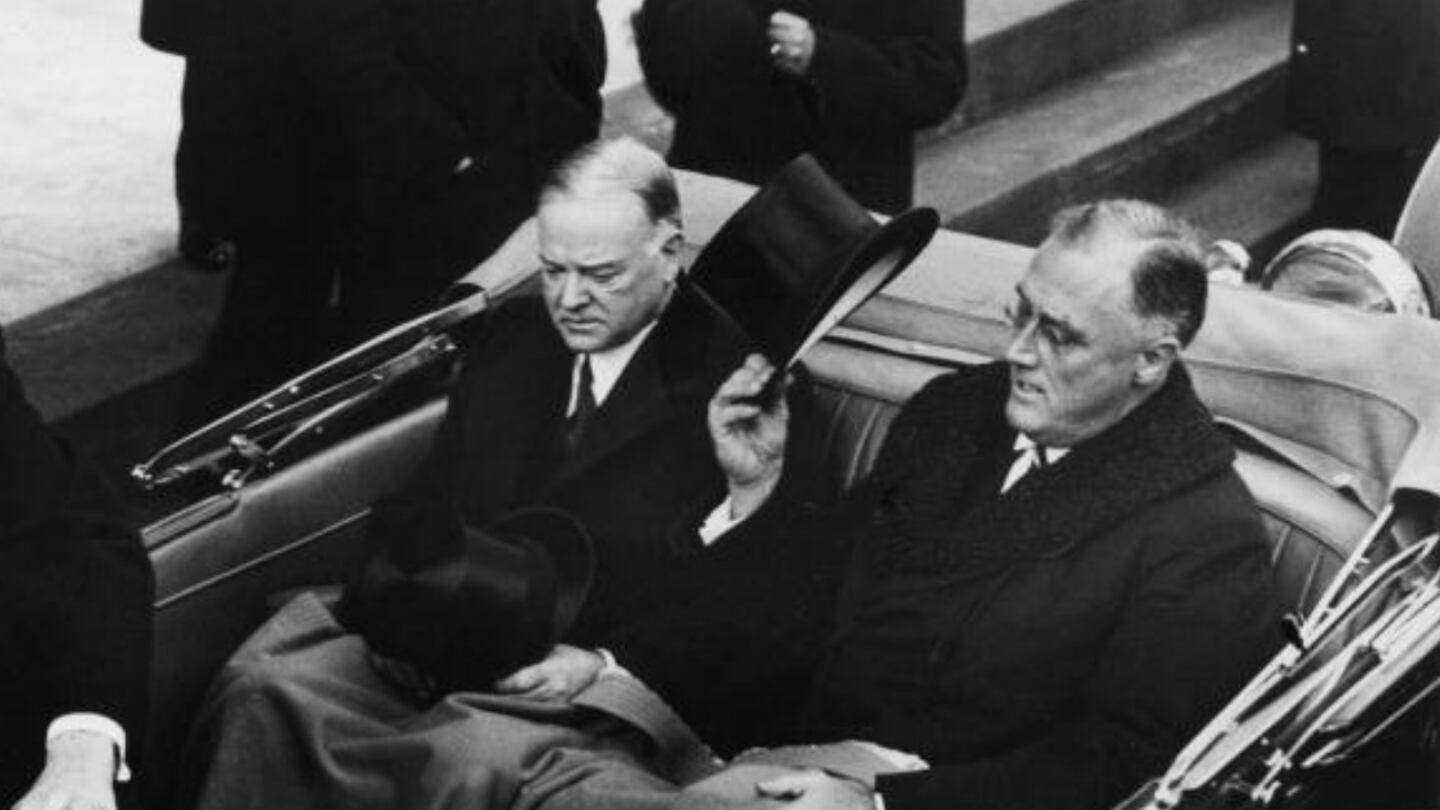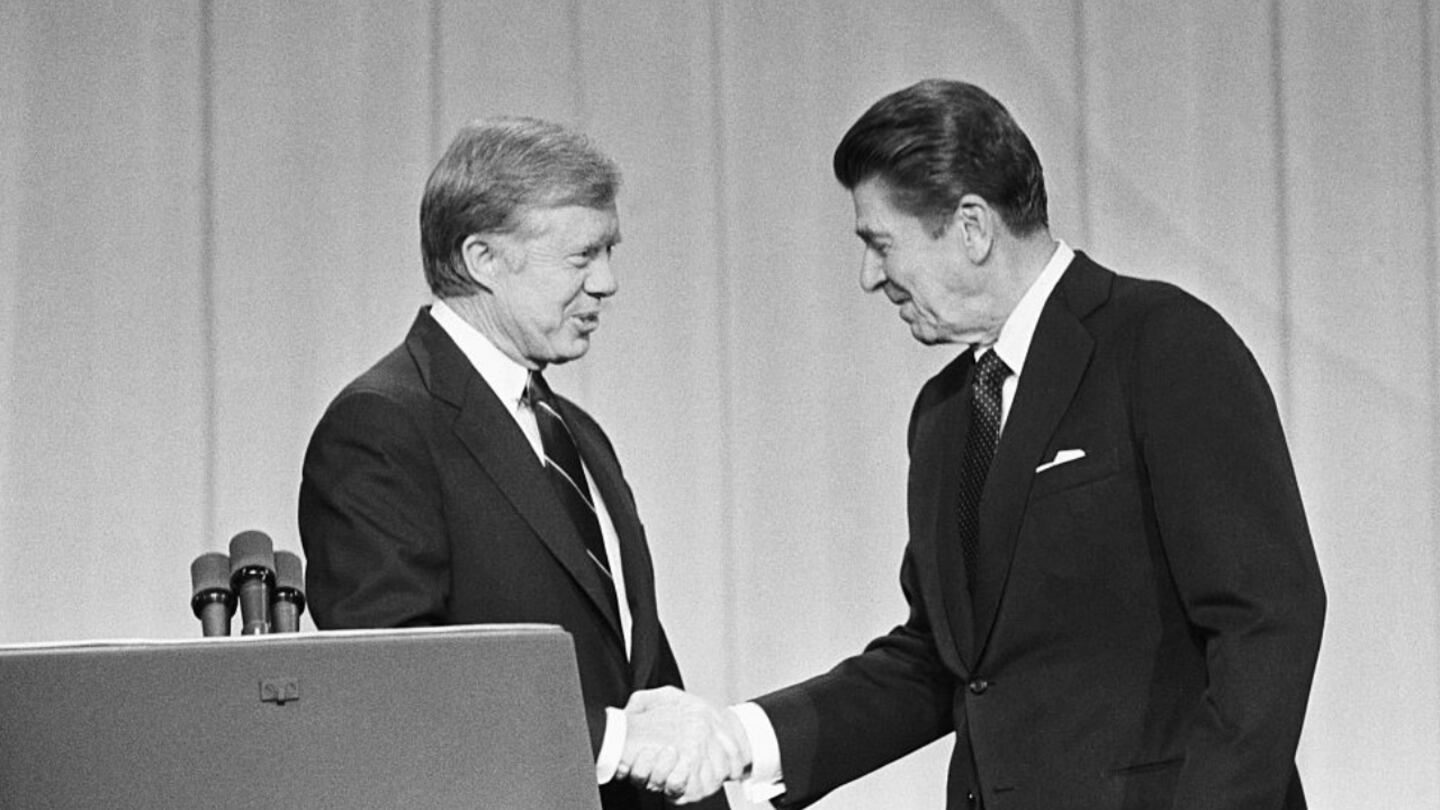In 2001, as George W. Bush prepared to take office as the 43rd president of the United States, the Ws were removed from the keyboards of the Executive Office Building by departing members of Bill Clinton’s staff.
Barack Obama called Donald Trump a “classic reality television entertainer” who was “unfit” for the presidency. Herbert Hoover labeled Franklin D. Roosevelt “a chameleon on plaid.” Andrew Johnson did not attend the inauguration of his successor, Ulysses S. Grant, because the Civil War hero refused to sit next to Johnson during the carriage ride to the ceremony.
That may be tame compared to what might occur between now and Jan. 20, 2021. Presidential transitions have an awkward history, and the election of Joe Biden as the nation’s 46th president comes after a long, contentious campaign. The transition comes next. Will it be smooth?
Don’t bet on it.
On Saturday, Trump released a statement vowing to fight the results and promised to take the battle to the courts beginning Monday.
Biden tweeted that he was “honored and humbled by the trust the American people have placed in me and in Vice President-elect (Kamala) Harris."
Historically, awkward transitions are not new to the presidency. For example, Jonathan Alter, in his 2000 biography, “His Very Best: Jimmy Carter, A Life,” wrote that the transition between Carter and his successor, Ronald Reagan, “was one of the strangest and most dramatic in American history.”
Here is a look at awkward presidential transitions over the years.
John Adams to Thomas Jefferson
On March 4, 1801, John Adams, the second president of the United States, left Washington, D.C., under cover of darkness. He declined to attend the inauguration ceremony of his former friend -- and now, sworn political enemy -- Thomas Jefferson. However, Adams set the precedent that has been observed to this day -- the peaceful transfer of power between political opponents in the U.S.
During Adams’ presidency, his Federalist party clashed with the Democratic-Republicans led by Jefferson over taxes, religion and how to deal with the French Revolution. Adams preferred a stronger relationship with Great Britain, while Jefferson sided with the French.
Both men also clashed over the role of the federal government. Adams preferred centralized power, while Jefferson advocated states' rule.
The “Revolution of 1800” had an added twist of drama. Jefferson and his running mate, Aaron Burr, received the same amount of electoral votes. Until the ratification of the 12th Amendment in 1804, electors did not vote separately for president and vice president. That led to a tie between Jefferson and Burr. The election was thrown into the House of Representatives, and Jefferson won the presidency on the 36th ballot.
Adams, in the final days of his administration, made several key Federalist judicial appointments, including the appointment of John Marshall as chief justice of the Supreme Court. Marshall’s views would dominate the court until his death in 1835.
John Quincy Adams to Andrew Jackson
Like his father, John Quincy Adams refused to attend the inauguration of his successor. Historian H.W. Brands wrote in 2017 that the inauguration of Andrew Jackson in 1829 “marked a distinctly hostile takeover of the government.” Jackson and Adams had tangled before as presidential rivals in 1824. While Jackson won the popular vote, he only had a plurality, and not the required majority, of electoral votes and was thrown into the House of Representatives. In what Jackson called “the corrupt bargain,” he accused candidate Henry Clay of throwing his support to Adams in exchange for being appointed as Secretary of State.
The 1828 election was just as contentious. The Atlantic called the campaign “nasty, even by today’s standards.” Jackson’s marriage became a campaign issue, along with his ownership of slaves.
Adams’ supporters accused Jackson of being a military tyrant and a bigamist. Rachel Donelson Jackson’s divorce to Lewis Robards in 1793 had not been granted, which technically made her an adultress. She was granted a divorce the following year, but Adams' camp claimed Andrew Jackson was morally unfit to serve as president.
Three months before her husband’s inauguration, Rachel Jackson died of a heart attack. She was 61.
James Buchanan to Abraham Lincoln
The nation’s current situation notwithstanding, the transition between James Buchanan’s defeat and Abraham Lincoln’s inauguration was the most dangerous interim in U.S. history. Seven states seceded from the Union during the transition period, and by the time Lincoln took office in March 1861, eight other states were debating the secession issue. Buchanan believed that while states did not have a legal right to break away from the Union, the Constitution did not give the president the power to prevent it.
Buchanan had watched the crisis between the North and South grow during his term. Buchanan was 65 years old when he was elected, and his political moves favored the South. That splintered the Democratic party and allowed Lincoln to be elected. After his defeat, Buchanan did nothing, allowing the Confederacy to grow without federal opposition, historian Edward L. Ayers wrote in 2017. Buchanan also did little to stop the flow of weapons and information from Washington to the South, Ayers argued.
Herbert Hoover to Franklin D. Roosevelt
In response to Herbert Hoover’s withering chameleon characterization, Franklin D. Roosevelt described his predecessor as a “fat, timid capon.” Hoover barely hid his contempt for Roosevelt, according to presidential historian Tim Naftali. Hoover, according to biographer William Leuchtenburg, considered Roosevelt "very badly informed and of comparatively little vision.”
In their first visit after the 1932 election, Hoover brought in Treasury Secretary Ogden Mills to lecture Roosevelt about the importance of the gold standard, Time magazine reported in 2016. Mills also spoke to Roosevelt about the stability of the nation’s banking system and the issue of Europe’s war debt.
Hoover attempted to get Roosevelt to bend to his will during the transition, sending the President-elect a letter on Feb. 17, 1933, and suggesting that Roosevelt admit that the country’s depressed economy was not Hoover’s fault, but the result of the public’s fear about what the new president might do. Predictably, Roosevelt ingored the advice.
Jimmy Carter to Ronald Reagan
Ronald Reagan, as president-elect, “made it clear he wanted nothing to do” with Carter after winning the 1980 election, Alter wrote in his biography of Carter.
Alter also noted that during their limousine ride to the Capitol on Inauguration Day, Carter was deep in thought about the release of the Iranian hostages. Reagan, meanwhile, told a series of anecdotes that Carter said “were remarkably pointless.” One story involved former studio executive Jack Warner; when both men emerged from the limousine, Carter asked an aide, “Who is Jack Warner?”
During the transition, a spat erupted over foreign policy and the decor at the White House. According to The Associated Press, Nancy Reagan suggested the Carters should move out of the White House before the inauguration and allow the new First Family to redecorate the White House.
Paul Light, an expert on presidential transitions and professor of public service at New York University’s Robert F. Wagner School of Public Service, told the Chicago Tribune in 2016 that previous transitions since the 1960s have been smooth.
“I don’t think the Johnson-Nixon transition was particularly loving,” Light said. “I don’t think the Carter-Reagan transition was particularly nice, but all of these transitions have been cordial to a point.”
And, finally ...
The prank by the Clinton staff cost the government between $13,000 and $14,000 to fix, according to a 2002 report by the General Accounting Office. Still there have been many instances of smooth transitions. George H.W. Bush left a warm letter on the desk of the Oval Office
“With the campaign over, it’s time to put the anger and the harsh rhetoric behind us and come together as a nation," Biden said in a statement after learning that he had garnered enough electoral votes to win the presidency. "It’s time for America to unite. And to heal.”
And to have a smooth transition.
Cox Media Group
